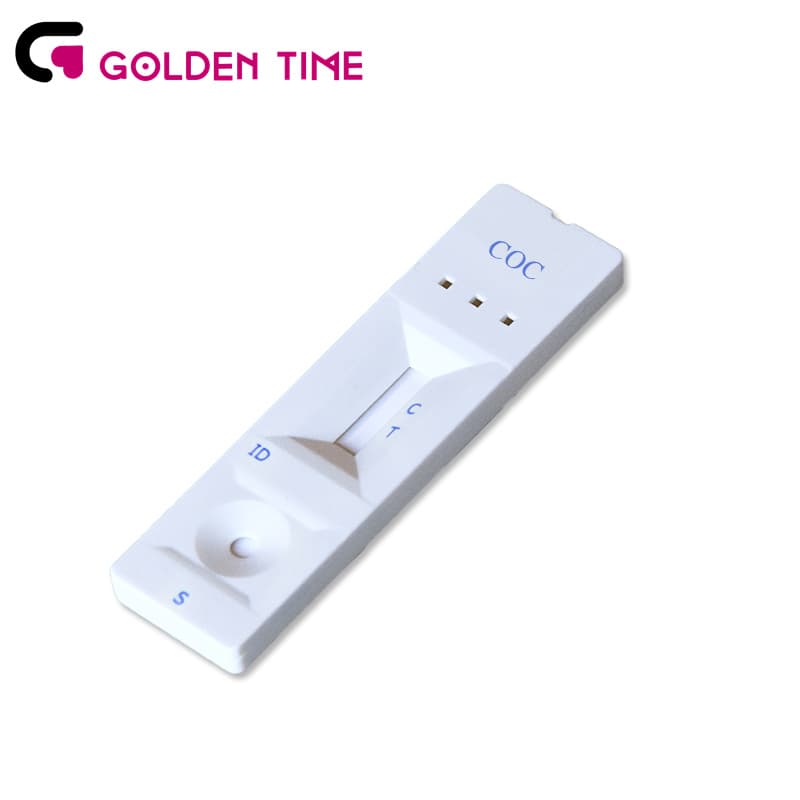Feb . 15, 2025 13:37 Back to list
typhoid igg/igm combo rapid test
Typhoid fever remains a global concern, particularly in regions with limited access to clean drinking water and adequate sanitation facilities. Understanding the diagnostic landscape of typhoid fever and the available testing options is crucial for effective management and prevention of the disease.
The continuous development of molecular techniques like polymerase chain reaction (PCR) offers promising advancements in typhoid testing. PCR assays enable rapid detection of Salmonella Typhi genetic material, even in small quantities, offering excellent specificity and sensitivity. However, the requirement for well-resourced laboratory facilities and skilled personnel restricts their application to certain settings. Another emerging frontier is the integration of next-generation sequencing and metagenomic approaches, which provide comprehensive pathogen profiling. Though predominantly confined to research settings currently, these cutting-edge technologies hold significant promise for the future of typhoid diagnostics. For regions with constrained resources, choosing the appropriate typhoid test involves a balance between cost, accessibility, and diagnostic accuracy. Efforts toward enhancing healthcare infrastructure, coupled with the development and distribution of affordable, reliable testing options, are crucial for controlling typhoid fever globally. Engaging with healthcare professionals well-versed in infectious diseases and partnering with reputable medical laboratories are critical steps in ensuring effective disease management. Awareness campaigns and training sessions for health workers can also enhance diagnostic decision-making, emphasizing the importance of selecting the right test based on available resources and regional epidemiology. The fight against typhoid fever is intricately linked to advances in diagnostic technology and its accessibility. Collaborations between governments, non-governmental organizations, and the private sector are essential in improving the availability of accurate diagnostic tools. Ultimately, empowering communities through education and improved healthcare services will foster trust in medical interventions and contribute to the eradication of typhoid fever as a significant public health challenge.


The continuous development of molecular techniques like polymerase chain reaction (PCR) offers promising advancements in typhoid testing. PCR assays enable rapid detection of Salmonella Typhi genetic material, even in small quantities, offering excellent specificity and sensitivity. However, the requirement for well-resourced laboratory facilities and skilled personnel restricts their application to certain settings. Another emerging frontier is the integration of next-generation sequencing and metagenomic approaches, which provide comprehensive pathogen profiling. Though predominantly confined to research settings currently, these cutting-edge technologies hold significant promise for the future of typhoid diagnostics. For regions with constrained resources, choosing the appropriate typhoid test involves a balance between cost, accessibility, and diagnostic accuracy. Efforts toward enhancing healthcare infrastructure, coupled with the development and distribution of affordable, reliable testing options, are crucial for controlling typhoid fever globally. Engaging with healthcare professionals well-versed in infectious diseases and partnering with reputable medical laboratories are critical steps in ensuring effective disease management. Awareness campaigns and training sessions for health workers can also enhance diagnostic decision-making, emphasizing the importance of selecting the right test based on available resources and regional epidemiology. The fight against typhoid fever is intricately linked to advances in diagnostic technology and its accessibility. Collaborations between governments, non-governmental organizations, and the private sector are essential in improving the availability of accurate diagnostic tools. Ultimately, empowering communities through education and improved healthcare services will foster trust in medical interventions and contribute to the eradication of typhoid fever as a significant public health challenge.
Latest news
-
Dengue NS1 Rapid Diagnostic Test Kit
NewsMar.07,2025
-
Dengue NS1 Rapid Diagnostic Test Kit
NewsMar.07,2025
-
Dengue NS1 Rapid Diagnostic Test Kit
NewsMar.07,2025
-
Transferrin Rapid Test Cassette Tumor Marker TF Card
NewsMar.07,2025
-
Malaria Pf Pan Rapid Diagnostic Test Kit
NewsMar.07,2025
-
malaria pf / pan ag rapid test
NewsMar.07,2025

